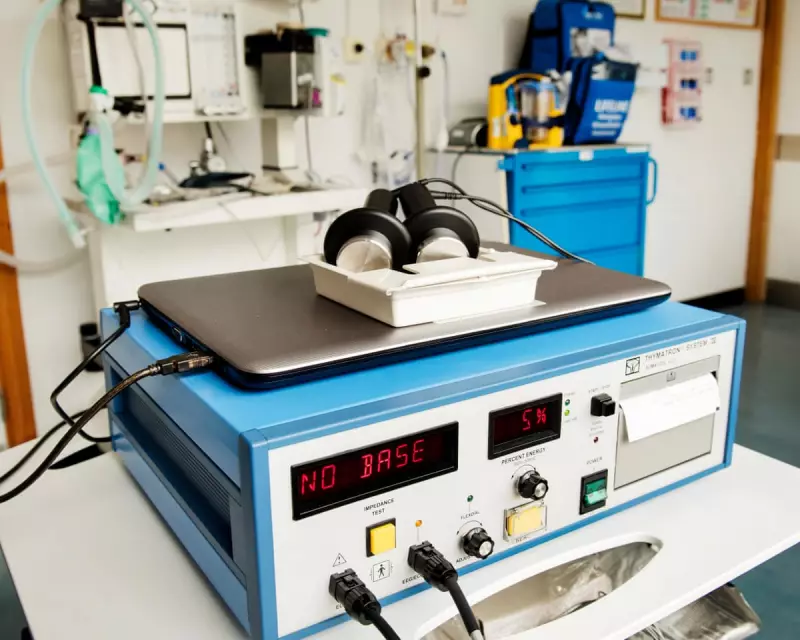
Shocking Study Calls for Suspension of Electroconvulsive Therapy
A groundbreaking study has raised serious concerns about electroconvulsive therapy (ECT), suggesting the controversial depression treatment may cause a wider range of adverse effects than previously acknowledged. Research published in the International Journal of Mental Health identifies 25 concerning side effects beyond the well-documented memory loss, including cardiovascular problems and emotional blunting.
Widespread Side Effects Revealed in Patient Survey
The research draws on a survey of 747 ECT patients and 201 relatives and friends, providing startling insights into potential risks. The study found that nearly a quarter of participants (22.9%) reported heart problems such as arrhythmia following treatment. More than half (53.9%) experienced recurring headaches, while an overwhelming 76.4% suffered from emotional blunting.
ECT involves passing electricity through the brain under general anaesthesia to induce seizures, typically administered over six to twelve treatments. Approximately 2,500 people in the UK receive ECT annually, primarily for treatment-resistant depression, though it's also used for schizophrenia, bipolar disorder and catatonia.
Professor John Read, the study's author from the University of East London, delivered a stark warning: "Given that we still don't know if ECT is more effective than placebo, these startling new findings make it even more urgent that it be suspended pending a thorough investigation into both safety and efficacy."
Patient Experiences and Professional Divisions
The research highlights devastating personal stories, including that of Sue Cunliffe, who received ECT in 2004 for severe depression. She describes how side effects "completely wrecked my life from age 38", leaving her with slurred speech, shaking hands and impaired balance. "A week before ECT I was on a running machine, playing badminton and able to write poetry, and six weeks later I'm falling down stairs, bruised," she recalled.
However, ECT remains a treatment that divides mental health professionals. Professor Tania Gergel, director of research at Bipolar UK, stated there is "no evidence to substantiate claims that modern ECT carries any major risk to physical health or that it causes long-term brain damage". She described ECT as "the most important tool in helping me manage the acute symptoms and risks" associated with her own treatment-resistant bipolar disorder.
Professor George Kirov from Cardiff University defended the treatment, calling it "highly effective" and noting that 60% of people with severe depression see improvements in their symptoms. He argued that stigma has resulted in "under-utilisation" in the UK compared to other northern European countries.
Lucy Johnstone of the UK ECT Improving Standards Campaign Group revealed that one-third of patients receive ECT against their will, with treatment mainly given to older women. She also noted that "a significant proportion" are victims of domestic abuse, which may not be adequately explored by mental health professionals before treatment.
The National Institute for Health and Care Excellence (NICE) maintains that clinicians should only consider ECT for severe, life-threatening depression when rapid response is required, when the person prefers it based on past experience, or when other treatments have failed.






